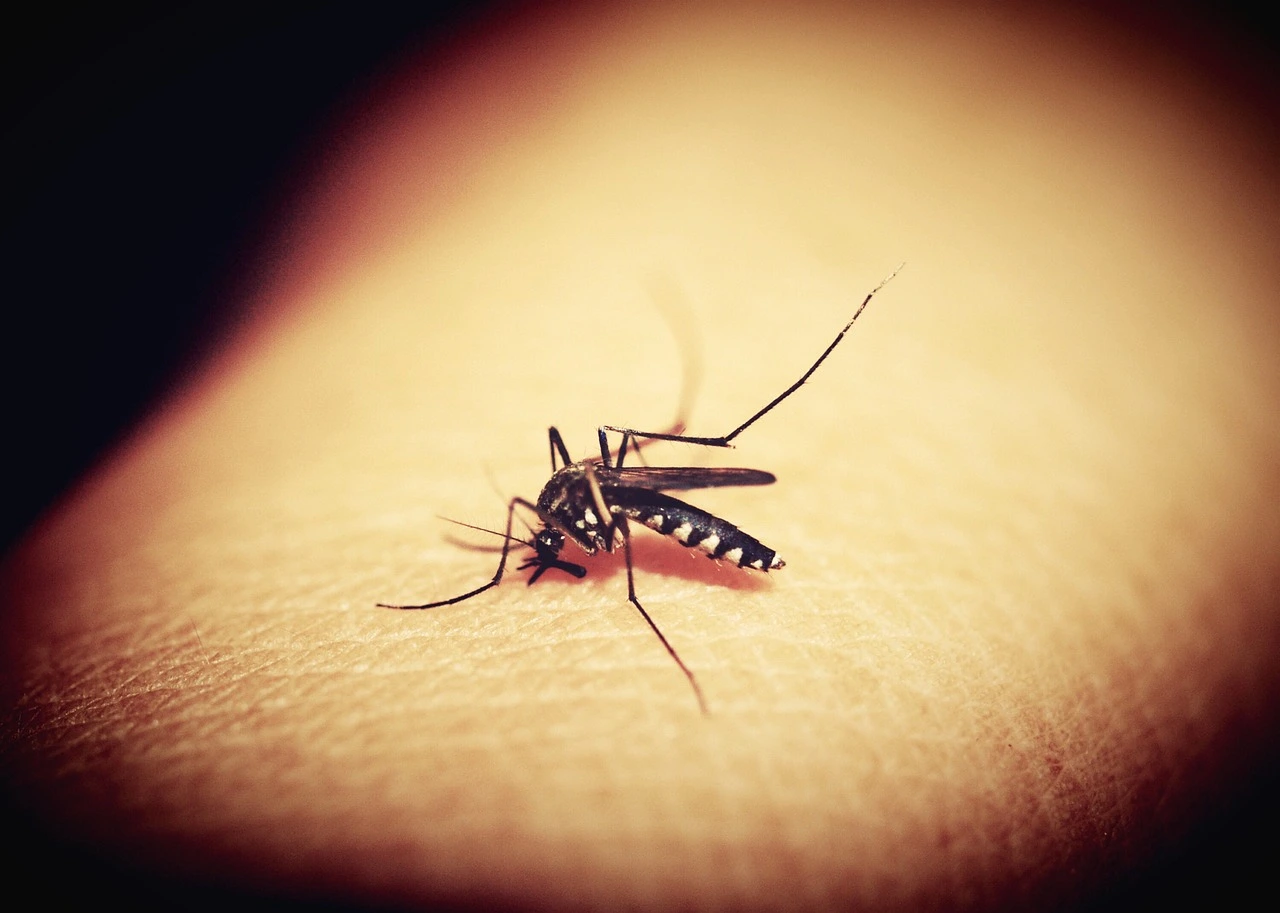Introduction
Mosquitoes are a ubiquitous presence in many parts of the world, and their bites can not only be irritating but also transmit dangerous diseases. One effective way to protect ourselves from these disease-carrying insects is by using mosquito nets. But have you ever wondered about the science behind mosquito nets and how they actually work? In this article, we’ll delve into the intricate details of mosquito nets and their mechanism of action.
Table of Contents
Understanding Mosquito Behavior
The Attraction
Mosquitoes are attracted to humans primarily by the carbon dioxide we exhale, body heat, and certain scents we emit. Female mosquitoes, in particular, require blood meals to reproduce, making humans their preferred targets.
The Problem of Disease Transmission
Aside from being a nuisance, mosquitoes are vectors for diseases such as malaria, dengue fever, and Zika virus. Preventing their bites is crucial to reducing the spread of these diseases.
How Mosquito Nets Work
Physical Barrier
Mosquito nets are finely woven mesh screens that create a physical barrier between humans and mosquitoes. The openings in the mesh are small enough to prevent mosquitoes from passing through while still allowing air circulation.
Blocking Mosquitoes’ Entry
When a mosquito approaches the net, it senses the carbon dioxide and body heat emitted by a person. As it tries to get through the mesh, the fine openings trap the mosquito. This prevents it from reaching its target and thus effectively keeps it away from biting.
Ensuring a Peaceful Sleep
One of the most common uses of mosquito nets is for sleeping. By hanging a net over a bed, individuals can sleep without the worry of being bitten during the night. This is especially important in areas where mosquito-borne diseases are prevalent.
Types of Mosquito Nets
Permethrin-Treated Nets
Some mosquito nets are treated with insecticides like permethrin. This treatment enhances the net’s effectiveness by repelling and killing mosquitoes that come into contact with it. It acts as an additional layer of protection.
Insecticide-Treated Nets (ITNs)
ITNs go a step further by combining the physical barrier of the net with insecticide treatment. These nets not only block mosquitoes but also kill them upon contact. They significantly reduce mosquito populations and the risk of disease transmission.

Image by Christel SAGNIEZ from Pixabay
The Science Behind Mosquito Net Materials
Mesh Size Matters
The size of the mesh openings is a crucial factor. It should be small enough to prevent mosquitoes from passing through, yet large enough to allow adequate airflow. Achieving this balance is essential for both comfort and effectiveness.
Material Selection
Mosquito nets are made from various materials such as polyester, polyethylene, and nylon. These materials are lightweight, durable, and resistant to wear and tear. They are also easy to clean and maintain.
Maintaining Mosquito Nets
Regular Cleaning
Proper maintenance of mosquito nets is vital. Dust and debris can accumulate on the mesh, reducing its effectiveness. Regular cleaning with mild soap and water is recommended to ensure that the net retains its protective qualities.
Repairing Holes
Over time, small holes can develop in the net. These holes provide entry points for mosquitoes. Repairing them promptly with patch kits or sewing can extend the lifespan of the net and enhance its performance.
Conclusion
Mosquito nets are not just simple barriers; they are intricately designed tools that capitalize on mosquito behavior and physiology to provide effective protection. By understanding the science behind mosquito nets, we can appreciate their significance in safeguarding human health and contributing to the prevention of deadly diseases.
FAQs
Q1: Are mosquito nets only effective against mosquitoes? A1: Yes, mosquito nets are primarily designed to protect against mosquitoes, but they can also offer some defense against other insects.
Q2: Can I use mosquito nets outdoors? A2: Absolutely! Mosquito nets can be used both indoors and outdoors to provide protection from biting insects.
Q3: How long do mosquito nets last? A3: With proper care, mosquito nets can last for several years. Regular cleaning and maintenance are essential for longevity.
Q4: Can I wash my mosquito net in a washing machine? A4: It’s best to check the manufacturer’s instructions. Some nets can be machine-washed on a gentle cycle, while others might require hand washing.
Q5: Are mosquito nets a sustainable option? A5: Yes, mosquito nets are considered environmentally friendly as they offer a non-toxic and effective way to prevent mosquito bites and reduce the spread of diseases.

